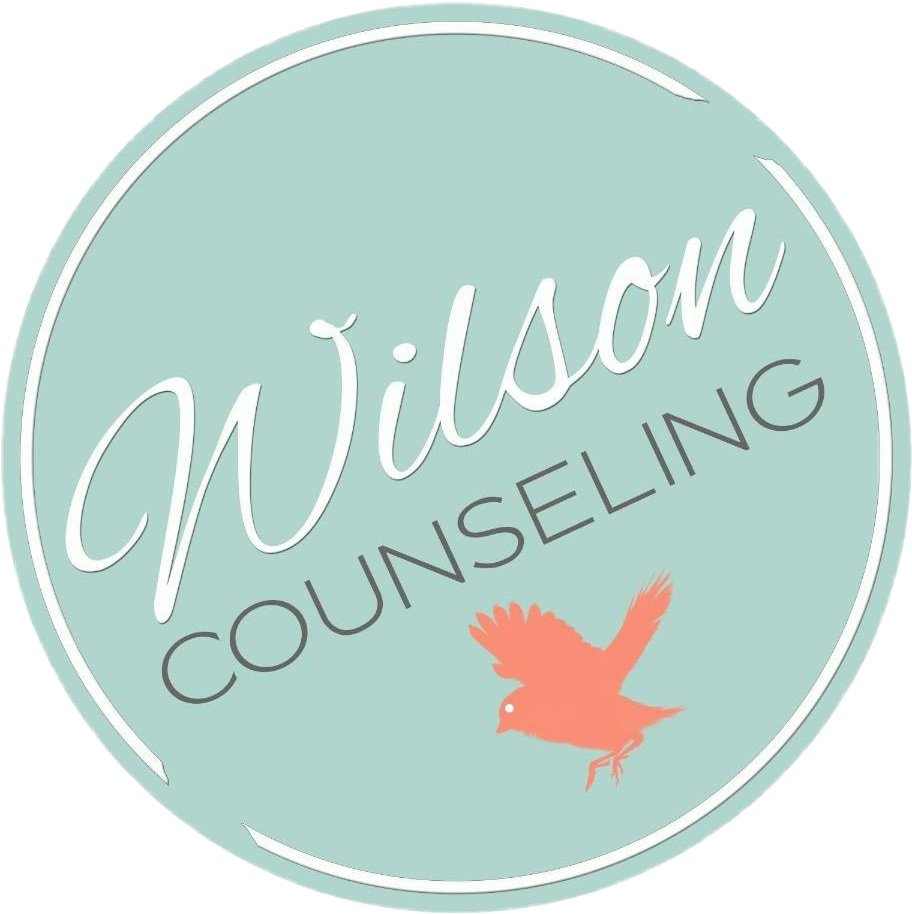As a couples therapist, I don’t worry about the couples who sometimes fight, I worry about the ones who are too apathetic to fight. It is usually a sign one or both members of the couple have checked out of the relationship. Even in the best and happiest relationships, there is conflict. It’s inevitable, like death and taxes. The key to a healthy relationship, though, is to learn to manage the conflict. One of the things I like to do with new couples is to establish some rules or boundaries at the start of our work together. These are the rules of fair fighting. These rules are not original to me, you can find some version of them all over the internet. But, they are certainly a good starting point, and they are often not intuitive to couples embroiled in conflict.
Feel closer to someone in minutes through eye gazing
How do mental health conditions affect the LGBTQ community?
My Infertility Story
Did you know that a woman’s chance of getting pregnant each month is about 25% or less. At least that is what I remember the doctor telling me. It had been almost six months with no period when my OB/GYN said something like: “Yup, you are not ovulating. I’m going to send you across the hall to a specialist. Questions?”
Tips for dealing with burnout
53% of Americans report feeling burned out
A study by Indeed.com found that 53% percent of Americans report feeling burned out, and 67% of people think that feeling has become worse during the pandemic. I am actually surprised that figure is not higher. A lot of people I work with are dealing with burnout at work, but also in other areas of their lives.
If you are experiencing burnout, you probably don’t need a test to confirm that fact. You probably already know from your sense of exhaustion, dread, or even hopelessness, that something is off.
Three characteristics of burnout include:
Emotional exhaustion
You feel tired much of the day even if you get regular sleep at night.
You experience physical symptoms such as headaches and muscle pain.
You have an increase or decrease in appetite.
You lack motivation.
You may have lowered immunity and get sick more easily.
Cynicism
You struggle to feel hopeful about your work and your life.
Your outlook is often negative.
You feel trapped and struggle to see a way out of your situation.
You feel alone in your predicament and isolated from others.
Lack of professional efficacy
You feel like a failure and doubt yourself.
You feel like you keep working but can’t get the results you want.
You get less satisfaction from the things that used to give you joy.
You come into work late or leave early.
You procrastinate and have trouble getting things done.
Burnout is not a sign of failure
If you are feeling burned out, I want you to know that it is not a sign of failure. It can happen to anyone, and it is happening regularly to people all around us. We have a lot of responsibility on our plates, and it often feels as if we have very little control over our lives and our circumstances. Given that, and the pressure cooker of the pandemic, it’s a recipe for burnout.
There is something you can do about it, however. You can start to keep burnout at bay with the following tools:
Tools to manage burnout
*These tips are adapted from the Behaviorist Podcast episode on Burnout. It’s a great podcast which I would recommend you check out.
Practice loving yourself and caring for yourself on a daily basis. This means not only taking time out to do things that edify you but also knowing yourself well enough to know what works for you. A clarifying question to ask yourself is “if I value myself, what would I do here?” Then be willing to give yourself permission to do that thing. You are worth it, and you can not be emotionally healthy if you don’t take care of yourself.
Allow yourself to disappoint people. Trying to please everyone is a good way to burn out. It is like burning the candle at both ends. And frankly, you are never going to please everyone, so don’t bother. Instead, think about who you are willing to disappoint, and who it feels important to prioritize. Be strategic about this. Think about your needs and what you need to get out of a relationship. This may sound selfish, but it is really being authentic to your values and priorities.
Set appropriate expectations. Trust me that this is a skill you can learn. Most people are bad at this until they practice setting expectations with others. You have to be willing to disappoint people in order to set appropriate expectations. Otherwise, you will be saying yes even when you can’t deliver, or you deliver, but you are worn out as a result. Learn to proactively tell people what you expect of them and what you expect of yourself. They may not like your expectations, but at least it will cut down on misunderstandings and missed expectations.
Take time to be still and engage in contemplation. This could include activities such as journaling, meditation, or coaching. Take stock of where you are and notice the behaviors that led you to feel burnout. Do this without judgment, if possible but just as an observer or researcher noticing what is going on. What you learn about yourself will help you reorder your life and hopefully engage in more life-giving activities.
Let people help you. Even if you are an independent and self-sufficient person, it is impossible to do everything yourself and still be a healthy person. A lot of successful and high-achieving people will experience burnout because they push themselves too hard and don’t ask for help. Learn to delegate, hire out, and reach out to your support system. Ask yourself, “Who could be of help to me in this situation?” There is no shame in delegating workload, and you may just find you enjoy the activities of your day more if you don’t feel like you have to do everything yourself.
What are your next actions steps? Adopt one or two of the tips. Don’t feel like you have to do everything at once. If you only feel enough motivation to pick one thing on this list, then do that. When you start to feel a little better, pick another thing on the list and do that.
Reassess several times per year. Do regular check-ins with yourself so you know when you are getting worn out and may need to make changes in your life.
If you are struggling with burnout and would like to talk to a professional therapist, contact us online to schedule an appointment with an anxiety therapist or call 713-565-0922 to ask questions about how we can help.
How to make real changes
With yet another strange and wonderful year behind us, I feel more certain that the secret to contentment is to learn to hold the good and the bad loosely. If we fight too hard for one outcome, it seems bound to slip out of our hands. Instead, I think learning to pivot, to evolve, to find joy in the small moments of our lives is essential for a happy existence.
Life is just so unpredictable except in the fact that change is certain.
It is often not the change we would want or would plan for our lives, but if we can be open to the good in it, sometimes we can redeem even the hard stuff, or at least we can learn strength and compassion. And sometimes life is so tough all we can do is survive. That is still winning as far as I am concerned. It takes courage to keep living when the pain runs deep and you lose hope.
Everything you are going through is impermanent.
It's something I have reminded myself of a lot this year. It reminds me the hard times will come to a close, and it reminds me to enjoy the good, joyful moments.
This year, instead of the usual new year's resolutions (that most people won't keep), I want to throw out some questions that I think will help you learn to pivot and evolve and live in a more intentional way in 2022. The questions come from therapist Nedra Tawaab. I follow her on social media and think she has one of the best accounts out there. Her insights on setting boundaries and relationships are very practical and empowering.
I encourage you to block off about 30-60 minutes to sit down with her questions and write out answers to each of them. It will be worth every minute.
10 questions to help guide you:
1. What did 2021 teach me about myself?
2. Who showed up for me, and how can I nurture those relationships?
3. What do I need to accept about myself and the other people in my life?
4. how did I cope with uncomfortable feelings?
5. How can I better manage my reactions to my feelings?
6. In what ways will I better take care of myself in the coming year?
7. What has been a barrier to me completing my goals, and how will I remove the barrier in the coming year?
8. What limiting beliefs do I need to release?
9. What do I need to practice doing more or less?
10. What one boundary do I need to implement to improve my peace in the coming year?
10 questions credit to @nedratawwab
Link to the Instagram post
We have anxiety therapists who can help you work through this and feel better. You can contact us online , or via phone at 713-565-0922 to schedule an appointment or to ask any questions you have about how we can be of help to you.
Setting Boundaries with Family
Learn to appreciate your life
I’m gonna go out on a limb and say that you probably don’t appreciate all the blessings in your life. Or is that just me? I get upset at small things, lose track of what matters, and have trouble being thankful even when my life is full of goodness. Don’t get me wrong; I’m not a fan of pretending everything is peachy when it isn’t. Toxic positivity is, well, toxic.























